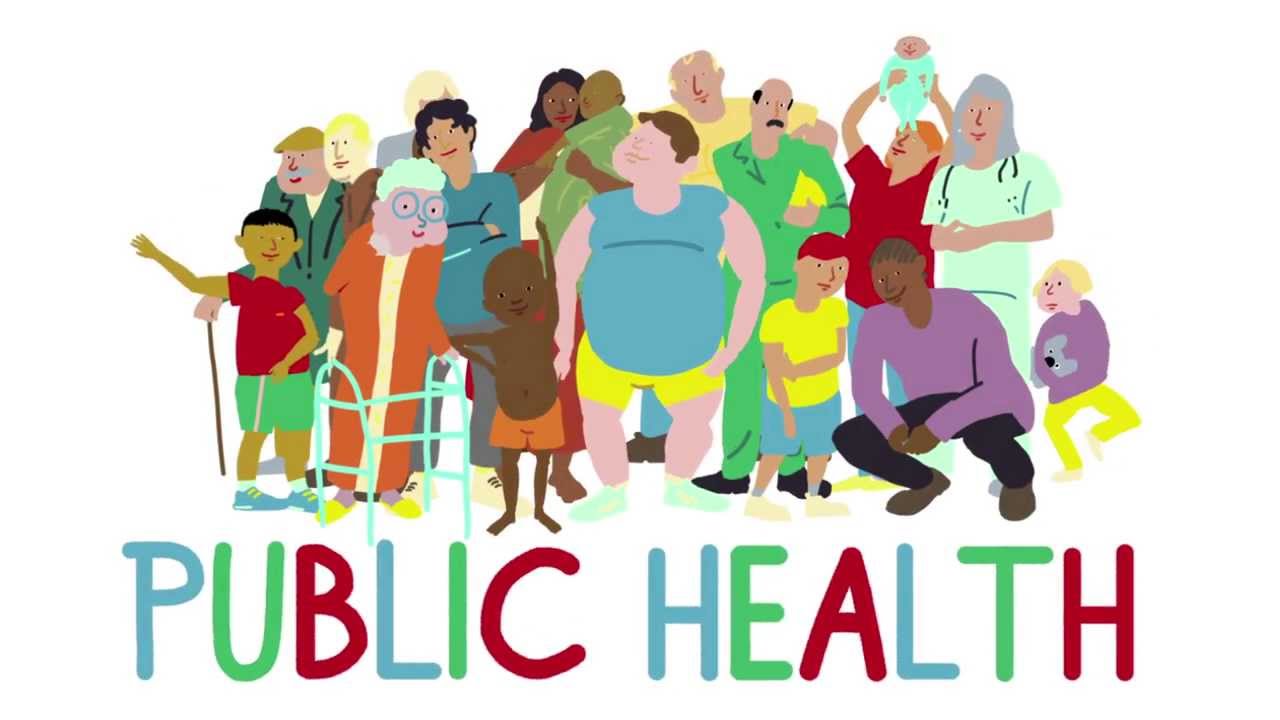Millions of people around the world lost their lives to the pandemic because the world was not ready. Sadly, most of these losses were preventable. There were fundamental shortcomings in our response to an international emergency. While several countries did not recognize the threat, others were complaisant in their policies.
What is public health?
Most importantly, the bulk of the burden was on underfunded and ignored public health systems. The COVID-19 epidemic has highlighted the need for a robust public health policy. But, what is public health? It is the science of protecting the physical and mental wellness of communities. Therefore, the work of public health involves promoting healthy lifestyles and preventing injuries. It also involves tracking and responding to outbreaks.
Public health focuses on the entire population, which can be as small as a suburb and as big as a country. Unfortunately, public health has always been an afterthought for our leaders.
Public health professionals are in charge of the health of a population. Before we look more closely at the responsibilities of public health workers, we have to consider the prerequisites for a career in public health.
How do you become a public health professional?
There are several career paths in public health. Students can opt for a career as an outreach specialist, child development specialist, or policy advisor. While an undergraduate degree is a primary requirement for a public health profession, graduate degree holders earn more.
From a series of online degree programs, you can start your career in no time. Furthermore, graduate degrees help students assume leadership roles. They also improve earning potential. A student with a Masters in Public Health online no GRE degree may work as an analyst and earn more than $140,000. However, some roles may require additional certification or work experience.
What do public health professionals do?
Who is in control of public health? Public health professionals are in charge of these procedures. They try to keep people safe and healthy. Usually, public health professionals work on the prevention of diseases and injuries. Therefore, they identify the underlying cause of the disease and present solutions to treat them. Most chronic diseases target disadvantaged people with limited access to public health. Public health professionals try to spread awareness about prevention strategies for such issues. The overarching goal of a public health professional is to promote the wellness of people.
While the core responsibilities of public health officials are the same, every speciality has a distinct role in the modern healthcare system.
Environmental health: According to the WHO, our environmental conditions cause one in four global deaths. Evidence suggests that an unhealthy atmosphere increases the risk of non-communicable diseases such as heart disease and skin cancers. Environmental health specialists investigate the relationship between our surroundings and public health. People can improve their quality of life with access to clean water, a stable climate, proper sanitation, and safe workplaces. So, environmental health professionals develop, promote and implement policies to improve living environments.
Epidemiology: It is necessary to understand the root cause of illnesses to prevent them. Therefore, epidemiologists do valuable work predicting the detrimental health outcomes of diseases and injury in a community. Epidemiologists collect blood or other bodily fluids to understand illnesses and identify the variables that cause them. They use a scientific method to prevent outbreaks in a community. Epidemiologists report their data to policymakers and other professionals who use it to manage public health initiatives.
Community health: People living in a shared environment often have shared problems. For example, low-income communities are at risk of obesity because they do not have access to nutritious foods. Similarly, people living near pollutants face exposure to contaminants from nearby waste facilities. Community health workers have in-depth knowledge about their society. Therefore, they identify public health concerns and form plans to mitigate the situation. Public health workers may focus on the micro or macro level, depending on their destination. While global health experts work on pandemics, community health workers focus on local issues, such as housing and education. Community health experts may also enrol eligible people in public health programs such as Medicare and Medicaid.
Education: Health education specialists promote healthy lifestyles and offer disease prevention strategies. Public health educators work in schools, public health departments, research organizations, and wellness centres to educate patients about diseases. They may also work in non-profits or public health departments to create educational materials and programs. They develop programs and research to improve wellness. Public health educators may also teach patients with existing conditions how to manage their illness.
Public policy: The state must introduce policies that improve public health. Academic and legislative advisors help the government with its duties. They may also research to collect and report data. Their work goes on behind the scenes to create and improve health outreach initiatives. Public policy experts provide invaluable support to populations during emergencies. They are also part of national or provincial committees on public health issues.
Conclusion:
While direct care providers focus on individuals, public health officials think holistically. Their overarching goal is to prevent disease and injury by encouraging healthier practices. They may work in several sectors, from local clinics to international public health organizations. Throughout the world, public health workers are working tirelessly to mitigate the pandemic. They are trying to reduce healthcare inequities while balancing high demand. Public health is an excellent profession for people who want to improve the lives of others.
